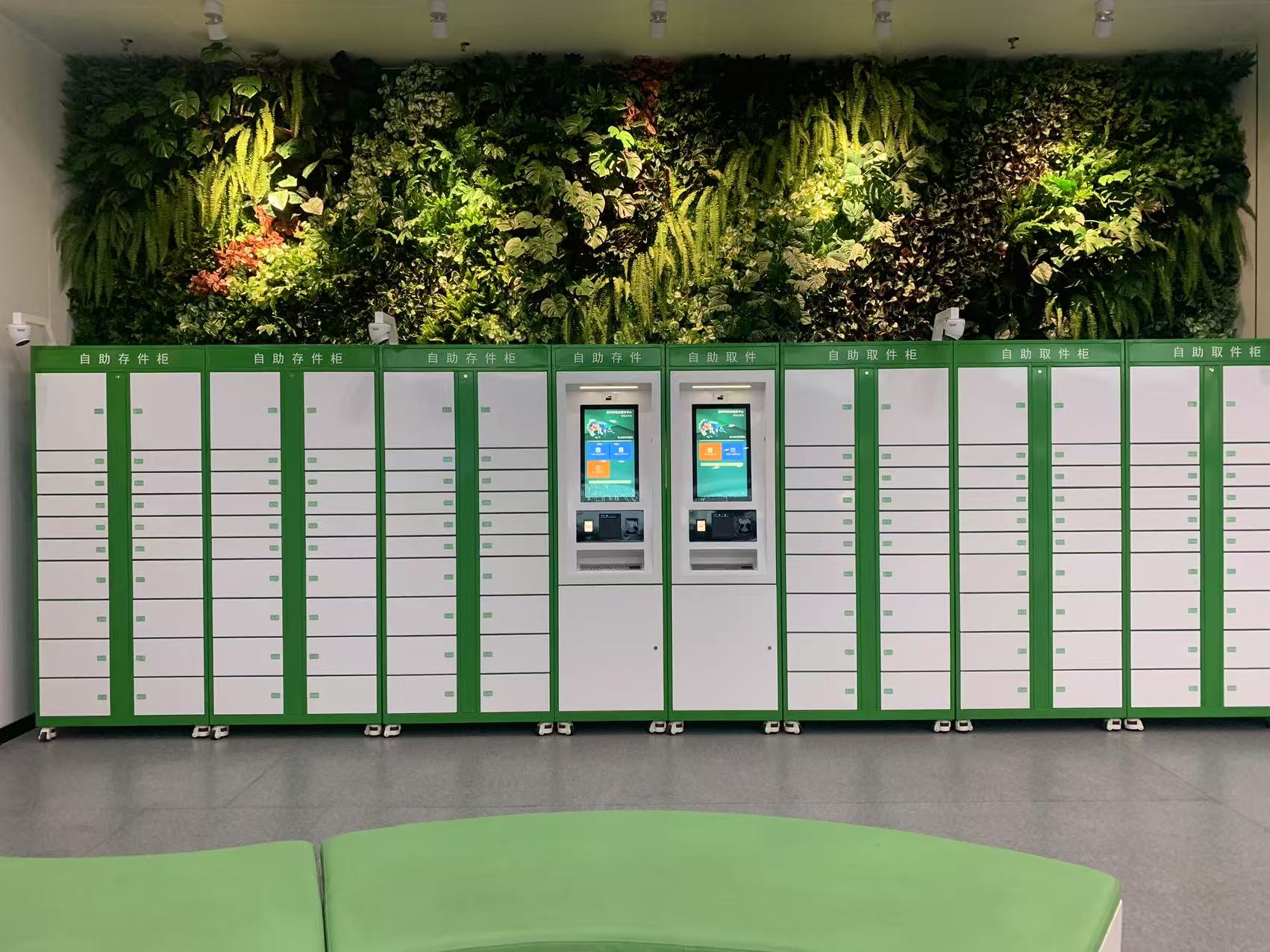Citizen Service Center Document Exchange Cabinet: Enhancing Efficiency and Convenience
Introduction
In today’s fast-paced world, government agencies and public service centers continuously seek innovative solutions to streamline administrative processes and improve citizen satisfaction. One such solution is the Document Exchange Cabinet (DEC), a secure and efficient system designed to facilitate the exchange of documents between citizens and service providers without the need for in-person interactions. This technology-driven approach not only saves time but also enhances accessibility, security, and convenience for both citizens and government employees.

What is a Document Exchange Cabinet?
A Document Exchange Cabinet (DEC) is a secure, automated storage unit typically installed in Citizen Service Centers (CSCs), government offices, or public service hubs. It functions similarly to a locker system, allowing citizens to submit or retrieve documents at any time, even outside regular business hours.
Key Features:
1. 24/7 Accessibility – Citizens can drop off or pick up documents at their convenience.
2. Secure Storage – Lockers are protected with PIN codes, QR codes, or biometric authentication.
3. Automated Notifications – Users receive alerts via SMS or email when documents are ready for collection.
4. Tracking System – Each transaction is logged, ensuring transparency and accountability.
5. User-Friendly Interface – Touchscreen displays guide users through the process.
How Does It Work?
The DEC operates through a simple yet secure process:
1. Submission:
- A citizen selects an available locker and places their documents inside.
- The system generates a unique access code or QR ticket for retrieval.
- The service center staff is notified and processes the documents.
2. Retrieval:
- Once processed, the citizen receives a notification.
- They return to the DEC, enter their access code, and collect their documents.
This eliminates long queues and reduces waiting times, making public services more efficient.
Benefits of a Document Exchange Cabinet
1. Improved Efficiency
- Reduces administrative bottlenecks by allowing asynchronous document handling.
- Frees up staff to focus on complex cases rather than routine submissions.
2. Enhanced Convenience
- Citizens no longer need to adjust their schedules to visit during office hours.
- Ideal for working professionals, elderly individuals, and those with mobility challenges.
3. Increased Security
- Documents are stored in locked compartments accessible only to authorized personnel and the citizen.
- Digital logs prevent loss or misplacement of sensitive files.
4. Cost-Effective Solution
- Reduces the need for additional staff to handle document submissions.
- Minimizes paper waste by encouraging digital uploads where applicable.
5. Contactless Service
- Particularly beneficial in post-pandemic scenarios where minimizing physical contact is preferred.
Applications in Citizen Service Centers
DECs can be utilized in various public service scenarios, including:
- Passport and ID Processing – Citizens submit applications and collect processed documents.
- Tax and Permit Filings – Businesses and individuals submit forms securely.
- Legal and Notary Services – Documents requiring signatures can be exchanged without appointments.
- Healthcare Services – Patients retrieve medical reports or prescriptions.
Challenges and Considerations
While DECs offer numerous advantages, their implementation requires careful planning:
- User Awareness – Citizens must be educated on how to use the system effectively.
- Maintenance – Regular software updates and hardware checks are necessary.
- Data Privacy – Compliance with local data protection laws is essential.
Future Developments
With advancements in AI and IoT, future DECs may include:
- Facial Recognition for seamless authentication.
- Blockchain Integration for tamper-proof document tracking.
- Voice-Assisted Interfaces for accessibility.
Conclusion
The Citizen Service Center Document Exchange Cabinet represents a significant leap forward in modernizing public service delivery. By combining convenience, security, and efficiency, DECs empower citizens while optimizing government operations. As technology evolves, these systems will play an even greater role in creating smarter, more responsive public services.
Implementing DECs in Citizen Service Centers is not just an upgrade—it’s a transformation toward a more accessible and citizen-friendly administration.
 RELATED
RELATED
 RELATED
RELATED
 RELATED
RELATED
 RELATED
RELATED

Fujian Haihongchuang Intelligent Technology Co., Ltd. is an IoT technology company engaged in the research and development and operation and maintenance of IoT platforms.
About

Follow us
Copyright © 2022 Suzhou Xiangyun Platform Information Technology Co., Ltd
SitemapMain business area: Beijing Suzhou
This website uses cookies to ensure you get the best experience on our website.